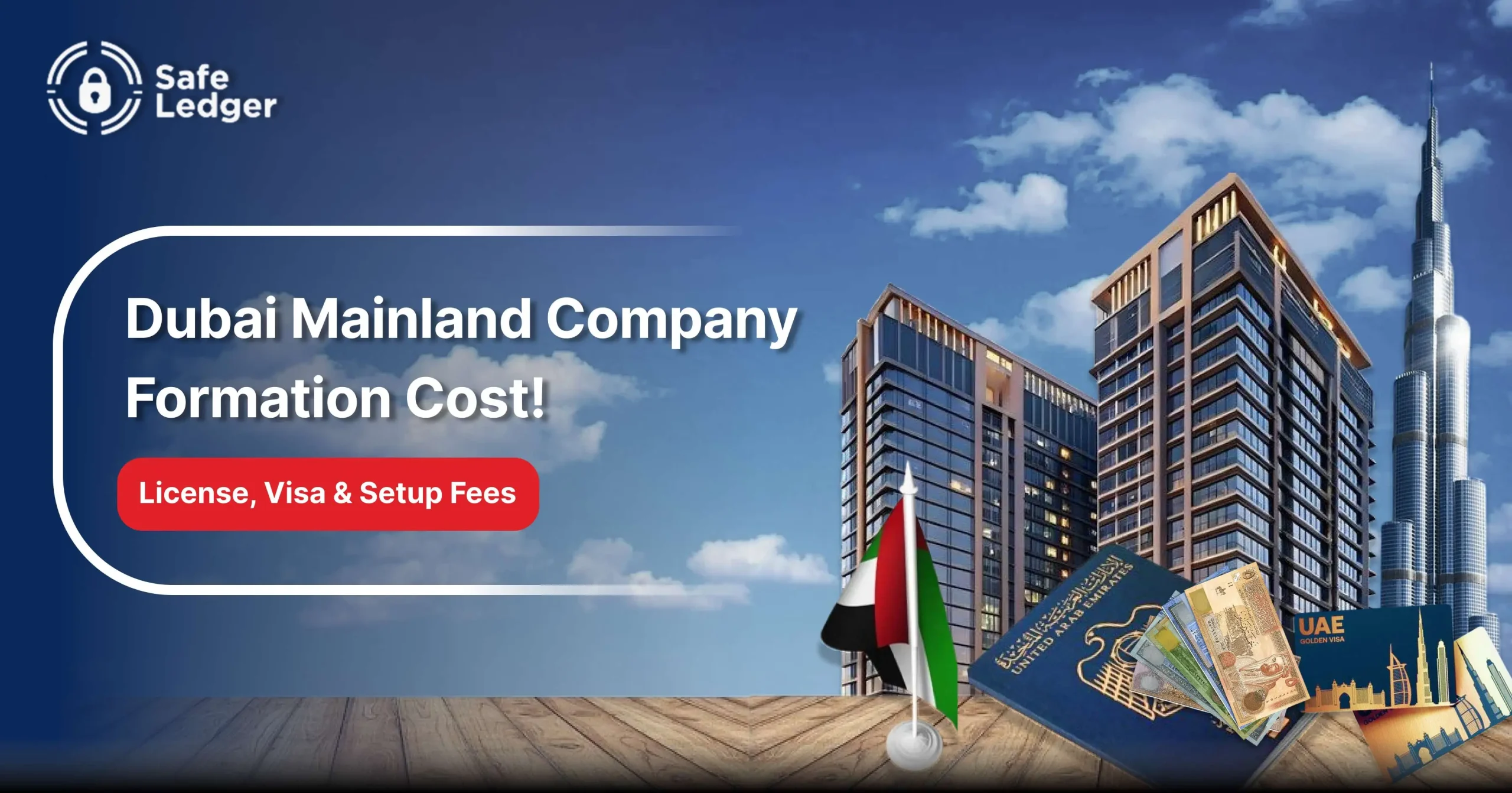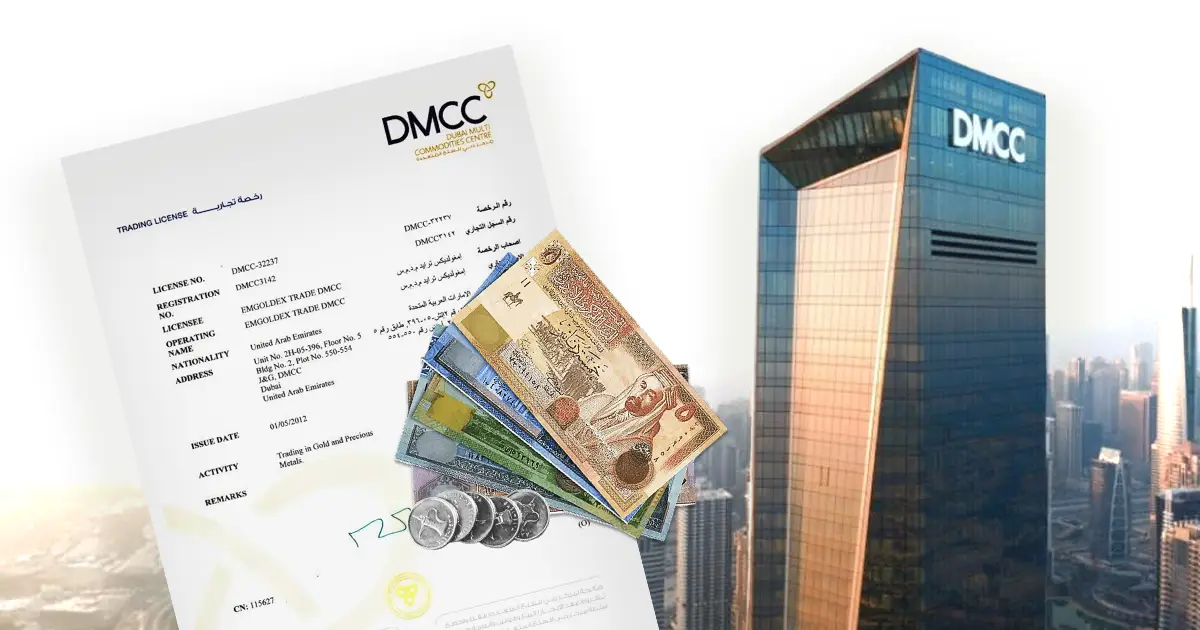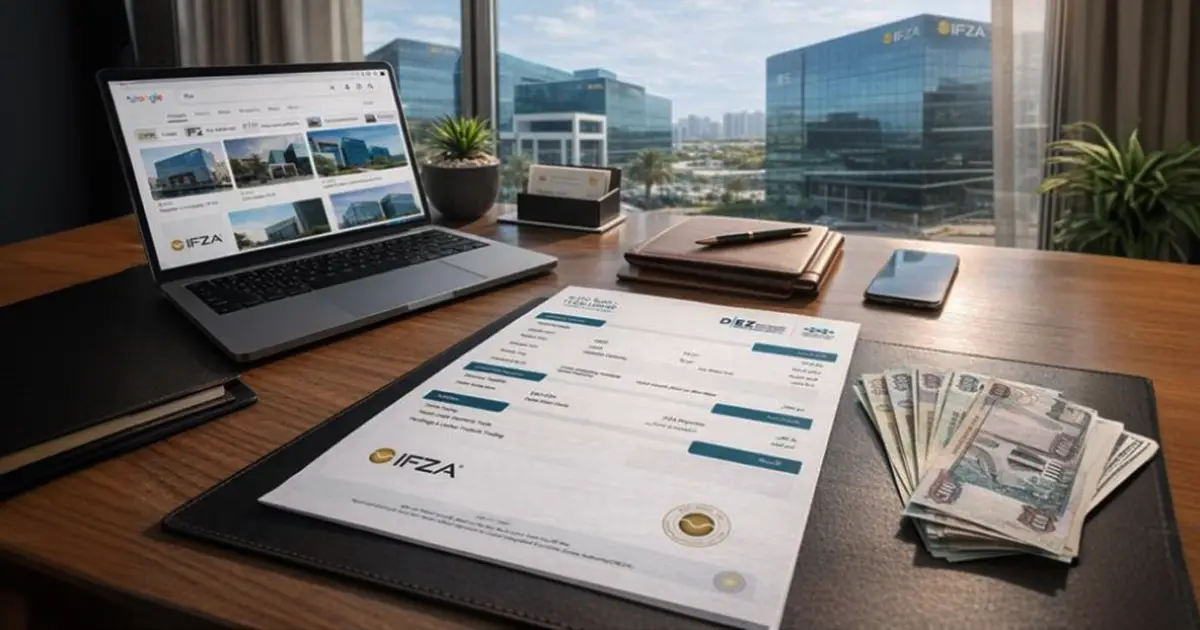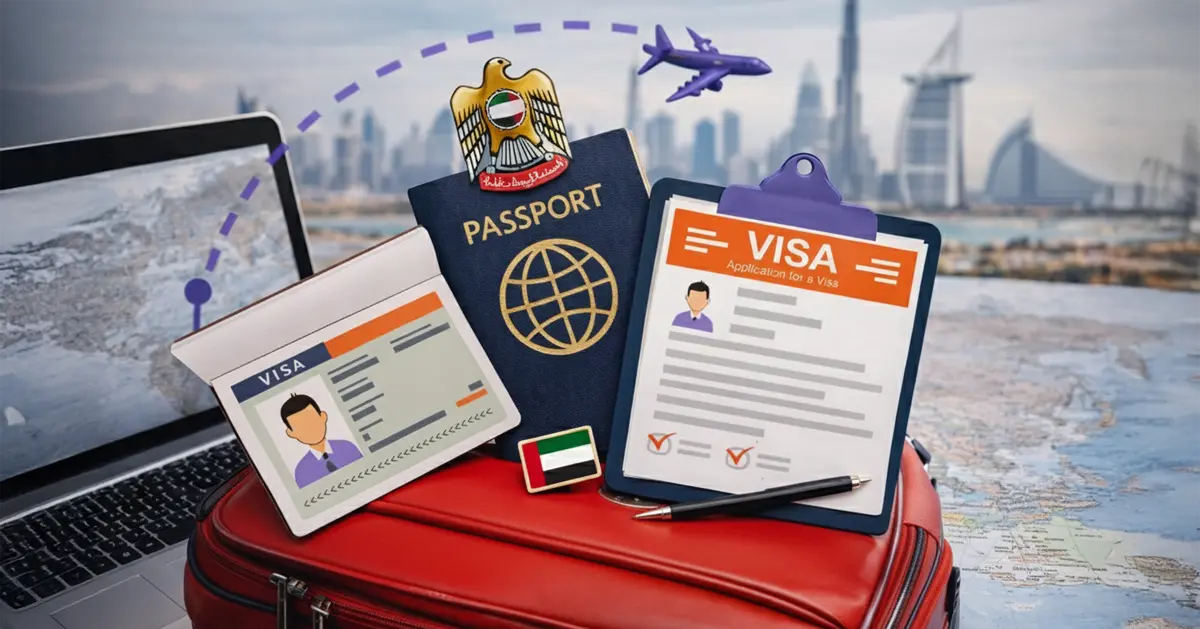Starting a business on the Dubai mainland involves clear steps. Each step comes with its own costs. Here’s a simplified timeline, showing when you’ll face costs during the process.
Step 1: Reserve Business Name
- When: Before license application
- Cost: AED 600–2,000 for name reservation.
You must reserve your company name with the Dubai Department of Economy and Tourism (DET). Special or premium names may cost more.
Step 2: Get Initial Approval
- When: After reserving the name.
- Cost: AED 2,000–5,000.
This approval gives you the green light to start setting up. The cost depends on your business activity.
Step 3: Apply for Trade License
- When: After initial approval.
- AED 10,000–25,000+ annually.
The main cost is for your trade license. It depends on your business type. Commercial and industrial licenses are typically more expensive.
Step 4: Register Office Space (Ejari)
- When: Post-license approval
- AED 5,000–50,000+ annually.
You need to have a physical office. The cost depends on the type of office you choose, from shared spaces to private offices.
Step 5: Draft Legal Documents (MOA)
- When: After office space approval is obtained.
- AED 500–2,000+.
The Memorandum of Association (MOA) is a key document. The cost depends on the complexity and the number of partners.
Step 6: Pay Local Service Agent (LSA) Fee (if applicable)
- When: After selecting the legal structure.
- AED 8,000–20,000+ annually (if needed).
If you are setting up a professional license, you need an LSA (a UAE national). They help with legal processes for a fee.
Step 7: Apply for Visa
- When: After the license and office space is secured.
- Cost: AED 2,000–6,000+ per visa.
You need to apply for visas for yourself and your employees. The cost includes medical tests, Emirates ID, and visa stamping.
Step 8: Get Chamber Membership
- When: Post visa approval.
- Cost: A few thousand AED.
You must join the Dubai Chamber of Commerce, and the fee depends on your business type and size.
Step 9: Renew Your License Annually
- When: Annually.
- Cost: Similar to the initial setup cost.
After the first year, renew your license, office contract, and visas. Budget for the same costs each year, however, the pricing for different zones vary. Check out the Dubai Free Zone Company Setup Cost to get detailed understanding of forming a company.





